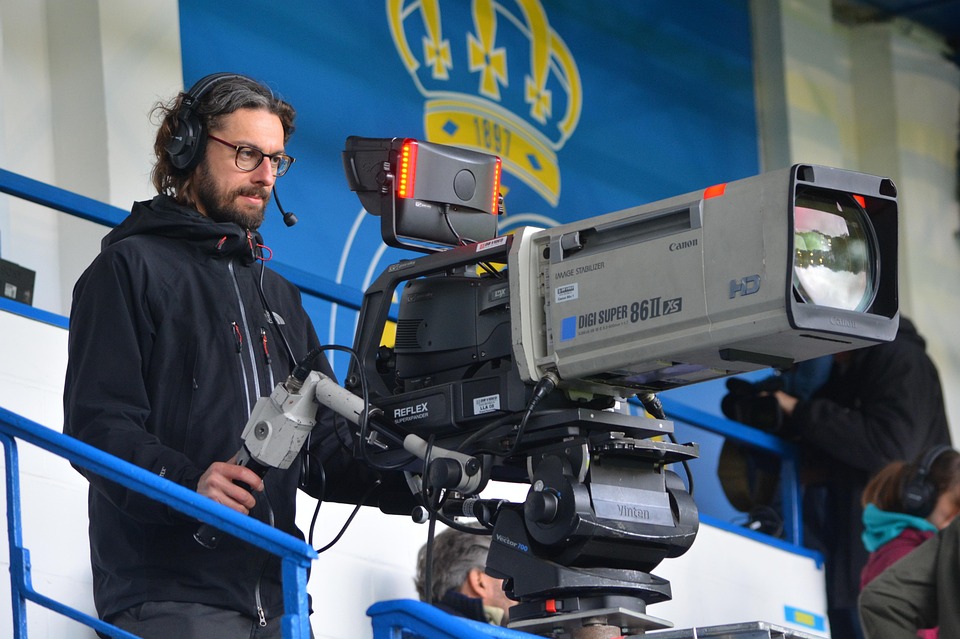Crafting the Perfect Cover Letter for Camera Operators: Tips and Examples for Success
In the competitive realm of film and television, a camera operator’s role is pivotal. Yet, securing that dream job often hinges on one critical document: the cover letter. This unassuming piece of correspondence holds the power to make or break your chances. So, how does one create a compelling cover letter that resonates with potential employers?
1. Personalisation is Key
A generic cover letter is the kiss of death. Dive deep into the specifics of the company and the position. Mention the production values or projects they’ve undertaken—whether it’s a gripping documentary or a high-octane action film. For instance, rather than simply stating, "I have experience with various camera systems," you might say, "Having operated the Arri Alexa during the filming of ‘XYZ Documentary’, I appreciate your commitment to capturing authentic narratives." This shows you’ve done your homework and are genuinely interested in their work.
2. Showcase Your Skills and Experience
When it comes to skills, specificity is your ally. Instead of a vague list, weave your technical prowess into engaging anecdotes. Perhaps you led a crew during a challenging shoot in varying weather conditions, or maybe you mastered high-speed cinematography for a commercial project. Plot these stories out, ensuring they highlight your adaptability and problem-solving skills—qualities that are indispensable in the ever-evolving landscape of cinematography.
3. Connect Emotionally
Don’t underestimate the power of storytelling in your cover letter. Just as you would behind the lens, craft a narrative that speaks to your passion for the craft. Describe your first encounter with a camera or the moment you knew you wanted to work in the industry. An emotional touch can be the differentiator, allowing hiring managers to glimpse the person behind the résumé.
4. Keep it Concise and Engaging
Attention spans are short, especially in the fast-paced film industry. Aim for brevity without sacrificing detail. A cover letter should ideally be no longer than one page. Use varied sentence lengths to keep the reader engaged. Short, punchy sentences can evoke excitement, while longer, more descriptive phrases can draw the reader into your world. Balance is essential; a rhythmic flow will keep your content lively and captivating.
5. End with a Call to Action
As you draw your letter to a close, leave the reader eager to know more about you. A simple, yet effective line such as “I would love the opportunity to discuss how my background and skills align with the needs of your team” invites further dialogue. It shows confidence and a willingness to engage, setting a positive tone for potential follow-up.
The art of crafting a standout cover letter lies in the details. As you refine your document, remember the importance of personalisation, storytelling, and clarity. A well-crafted cover letter not only showcases your qualifications but also reflects your personality and passion for the craft.
For those navigating the intricate world of job applications, CVPortal continues to provide a wealth of high-quality CV references and advice tailored to your needs.


